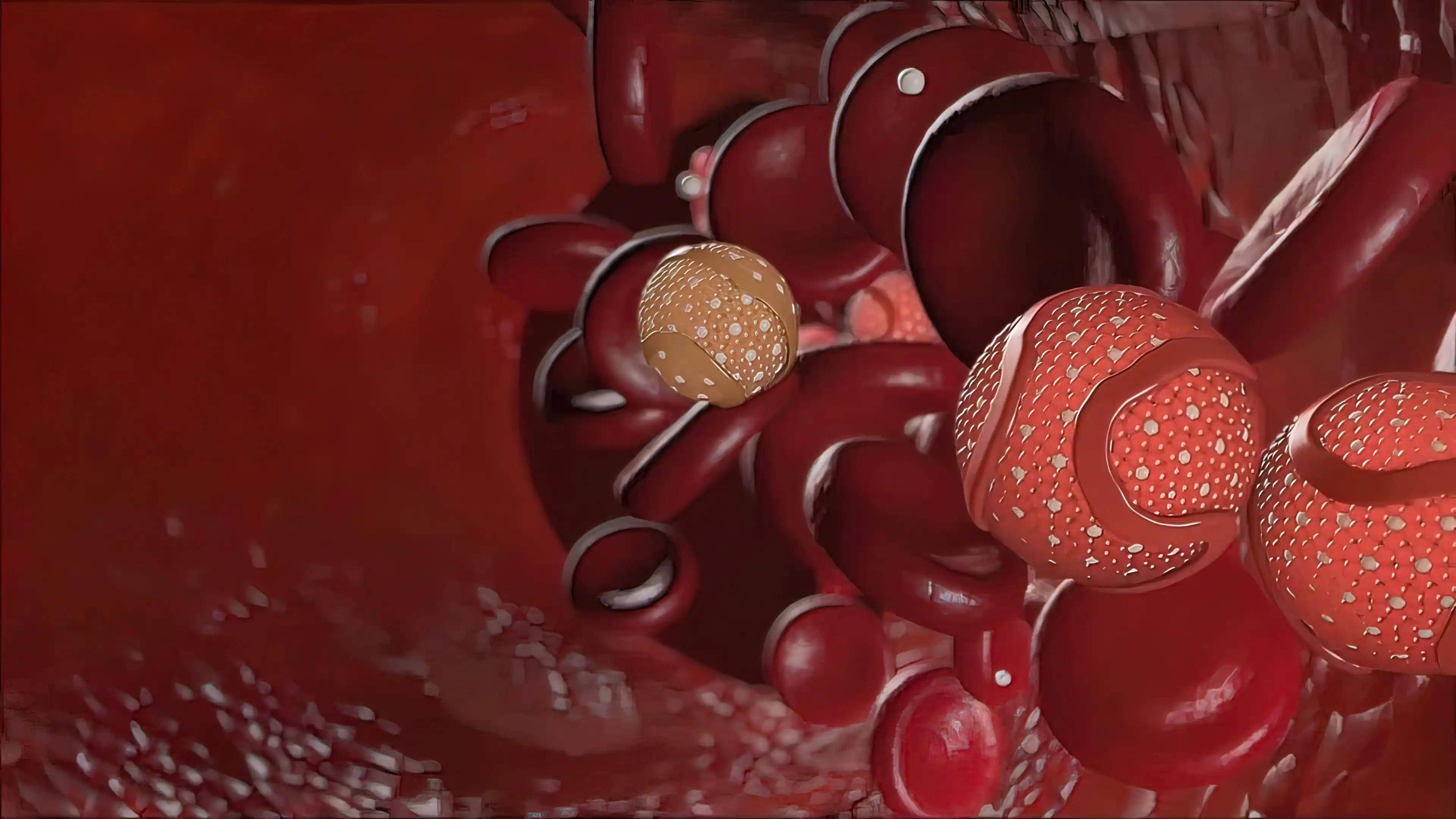KEY TAKEAWAYS
- The study aimed to investigate the potential of imatinib mesylate to reduce c-MYC expression in DHL by inhibiting AID.
- Researchers found imatinib mesylate suppresses c-MYC, offering a new strategy for DHL treatment.
Double-hit lymphoma (DHL) with c-MYC gene translocation is a highly aggressive malignancy associated with poor prognosis. In DHL cells, activation-induced cytidine deaminase (AID) facilitates antibody class switch recombination (CSR), which plays a crucial role in the formation of Myc/IgH DNA double-strand breaks, ultimately leading to c-MYC gene translocation. Currently, there are no effective methods to directly suppress AID expression, a key factor in c-MYC-driven oncogenesis.
JingCheng Zhang and the team aimed to assess the potential of imatinib mesylate to reduce c-MYC expression in DHL cells by inhibiting AID activity.
They performed an inclusive analysis comparing the clinical significance of AID expression in patients with DHL. Additionally, 2 human DHL cell lines were utilized to examine the in vitro effects of imatinib mesylate on c-MYC expression. The therapeutic efficacy of imatinib mesylate was further assessed in xenograft mouse models to evaluate its potential as a treatment for c-MYC-driven DHL.
The imatinib mesylate downregulated AID and c-MYC proteins in patients with chronic myelogenous leukemia (CML) associated with DHL. Furthermore, imatinib mesylate significantly reduced AID and c-MYC expression in SU-DHL-4 and OCI-Ly18 DHL cells. The drug also exhibited strong inhibitory effects on the proliferation and metastasis of both SU-DHL-4 and OCI-Ly18 cells. Finally, imatinib mesylate not only decreased tumor burden in DHL mouse models but also reduced AID and c-MYC expression in vivo.
The study concluded that imatinib mesylate effectively reduces the carcinogenic function of c-MYC in DHL. These findings provide novel strategies for developing therapies that specifically target c-MYC-driven DHL, offering promising therapeutic avenues for this aggressive lymphoma subtype.
The study was sponsored by Zhejiang Medical Association Science and Technology Project (No. 2022ZYC-Z3), and the Jinhua Science and Technology Research Program.
Source: https://pubmed.ncbi.nlm.nih.gov/39299959/
Zhang J, Zhou S, Jiang S, et al. (2024). “Imatinib mesylate reduces c-MYC expression in double-hit lymphoma cells by suppressing inducible cytidine deaminase.” J Cancer Res Clin Oncol. 2024;150(9):426. Published 2024 Sep 20. doi:10.1007/s00432-024-05939-4



